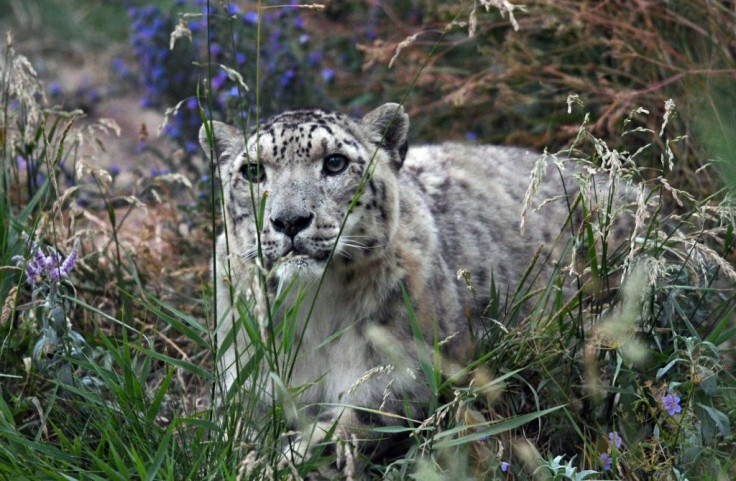Wildlife Extinction Happening Faster Than Expected, Scientists Suggest
KEY POINTS
- More than 500 species of land animals are found to be on the verge of extinction
- Without destructive human activities, this rate of loss would have taken over a thousand years
- Problems such as climate crises and destruction of habitat should be addressed with urgency, scientists say
Researchers believe that the sixth mass extinction on Earth is accelerating faster than previously thought and could have a devastating impact on the world’s ecosystems.
More than 500 species of land animals were found to be on the brink of extinction and likely to be lost within 20 years. In comparison, the same number was lost over the whole of the last century due to human activities such as wildlife trade, pollution, habitat loss, and the use of toxic substances to name a few.
According to The Guardian, scientists say, without the human destruction of nature, this rate of loss would have taken thousands of years. Proceedings of the National Academy of Sciences (PNAS) has published a scientific journal that shows that the rate at which species are dying out has accelerated in recent decades.
The land vertebrates on the verge of extinction, with fewer than 1,100 individuals left, include Sumatran rhino, the Clarión wren, the Española giant tortoise, and the harlequin frog.
Gerardo Ceballos González, a professor of ecology at the National Autonomous University of Mexico and one of the authors of the study, said approximately 173 species went extinct between 2001 and 2014.
“173 species is 25 times more extinct species than you would expect under the normal, background, extinction rate,” González told CNN in an email.
Scientists also warned of a domino effect, with the loss of one species tipping others that depend on it over the brink of extinction. The Guardian reported that, according to researchers, extinction breeds extinction and that, unlike other environmental problems, it is irreversible.
The scientists also noted that human beings rely on biodiversity for health and wellbeing, with the coronavirus pandemic an example of the dangers of damaging the natural world. As per scientists, problems such as rising human population, destruction of habitats, and climate crises among others should be tackled with urgency.
Paul Ehrlich, a professor at Stanford University and a member of the research team, said that “when humanity exterminates other creatures, it is sawing off the limb on which it is sitting, destroying working parts of our own life-support system.” He added that the conservation of endangered species should be raised to a global emergency for the governments and institutions, equal to climate disruption to which it is linked.

© Copyright IBTimes 2024. All rights reserved.





















